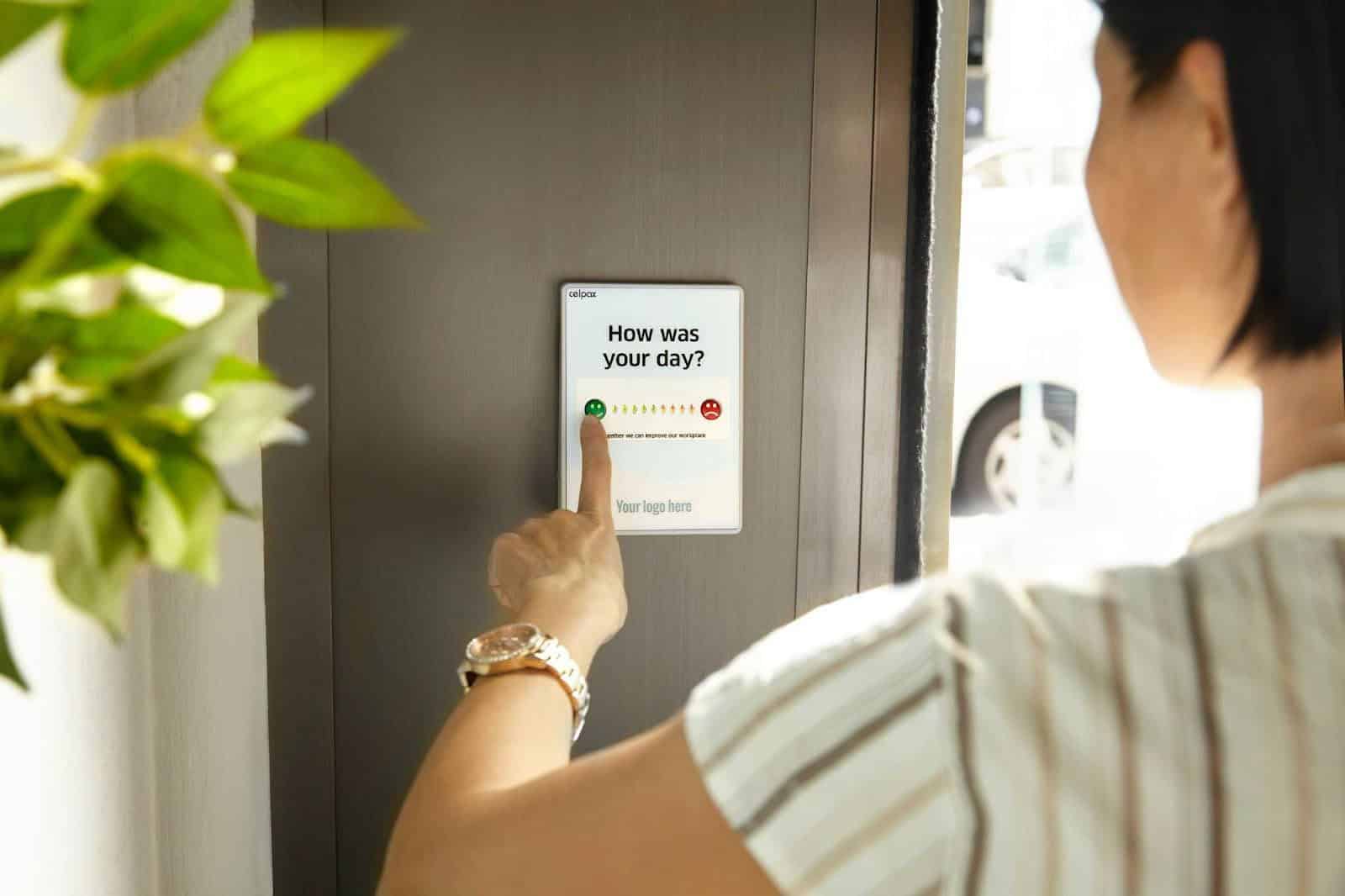In the ever-changing post-COVID-19 world, the way we work continues to undergo a significant transformation. In particular, hybrid work environments, where employees split their time between working remotely and in the office, have become increasingly popular. While this setup certainly offers up a truckload of flexibility and convenience, it also presents some challenges, including when it comes to maintaining high morale among employees. Let’s explore seven key strategies to champion high morale in a modern hybrid work environment.
1. Clear Communication
Effective communication is the cornerstone of any successful organization, and in a hybrid work environment, it becomes even more critical. Clear, transparent communication helps employees feel infinitely more connected, informed, and valued. To champion high morale, consider the following communication strategies:
- Regular team meetings: Schedule regular team meetings, both in-person and virtually, to discuss goals, progress, and any concerns. Ensure that remote employees have access to the same information and opportunities to participate – and don’t forget to throw in some fun icebreaker questions.
- Use technology wisely: Leverage communication tools like video conferencing, instant messaging, project management software and HR software to facilitate collaboration and ensure that remote workers feel included in all discussions and decisions.
- One-on-one check-ins: Encourage managers to conduct regular one-on-one, light-hearted check-ins with their team members to discuss their performance, career goals, and any challenges they may be facing.

2. Empowerment and Autonomy
Employees who feel empowered and trusted to manage their work are more likely to have high morale; in a hybrid work environment, giving employees a sense of autonomy becomes crucial. Here’s how to do it:
- Set crystal-clear expectations: Establish clear performance expectations and goals for each team member, allowing them the autonomy to determine how they meet those objectives.
- Trust your team: Trust your employees to manage their work independently; micromanagement tends to lead to frustration and a dive in morale.
- Offer flexibility: Embrace flexibility by allowing employees to choose when and where they work, within reason; trusting employees to manage their schedules can considerably boost morale and productivity.
3. Employee Recognition
Naturally, recognizing and appreciating employees’ efforts and achievements is a powerful way to boost their morale – everyone wants to be recognized and valued. In a hybrid work environment, it can be a little trickier to provide immediate feedback and recognition, but it’s essential to find ways to do so. Consider the following:
- Virtual shout-outs: Implement a system for recognizing employees’ contributions during virtual meetings or through company-wide announcements.
- Employee of the month: Create an “Employee of the Month” program to showcase outstanding achievements and contributions, whether through in-person celebrations or virtual events.
- Personalized acknowledgment: Send personalized thank-you notes, emails, or small tokens of appreciation to remote workers to let them know their efforts are valued.
You could even consider taking an employee recognition online course to learn how to better reward and recognize your employee, while at the same time fostering a positive and productive workplace.
4. Training and Development
Investing in the growth and development of your employees not only benefits them but also boosts morale. In a hybrid work environment, providing opportunities for training and development can be challenging, but it’s essential for maintaining high morale:
- Virtual workshops: Offer virtual workshops, webinars, and online courses to help employees develop new skills and stay competitive in their roles.
- Mentorship programs: Establish mentorship programs that pair experienced employees with those looking to grow in their careers, regardless of their physical location.
- Career pathing: Provide a clear career path and opportunities for advancement to show employees that you are invested in their future within the organization.
5. Work-Life Balance
Maintaining a healthy work-life balance can be somewhat more challenging in a hybrid work environment; the boundaries between work and personal life can be a tad blurrier. To champion high morale, prioritize work-life balance, like so:
- Flexible schedules: Allow employees to adjust their work hours to accommodate personal commitments, such as family needs or health appointments.
- Encourage time off: Encourage employees to take their vacation days and ensure they feel comfortable disconnecting from work during their time off.
- Set boundaries: Be sure to educate employees about the importance of setting boundaries between work and personal life, and offer some useful guidance on how to do so effectively.
6. Employee Well-being
Promoting employee well-being is vital to maintaining high morale, especially in a hybrid work environment. And a recent Checkr study shows that only 48% of employees believe their manager cares about their health and well-being. With that in mind, here are some strategies to consider:
- Mental health support: Provide access to mental health resources, such as counseling services or mental health apps, to support employees’ emotional well-being.
- Health and wellness programs: Offer wellness programs that encourage healthy lifestyles, such as fitness challenges, mindfulness sessions, or nutritional guidance.
- Remote team building: Organize virtual team-building activities and events to foster social connections and combat feelings of isolation among remote employees.
7. Feedback and Adaptation
Lastly, it’s crucial to regularly gather feedback from employees, and even more importantly, be willing to adapt your strategies as and when needed; a continuous feedback loop ensures that you are addressing the unique needs and challenges of your hybrid workforce:
- Surveys and feedback sessions: Conduct surveys and feedback sessions to gather input from employees about their experiences and suggestions for improvement.
- Adjust policies and procedures: Use employee feedback to adapt and refine your hybrid work policies, ensuring they align with the evolving needs of your workforce.
- Stay agile: Be prepared to make changes and adjustments as needed, demonstrating your commitment to creating a positive work environment.

A Proactive Approach Is Key
Championing high morale in a hybrid work environment calls for a proactive approach – one that prioritizes communication, empowerment, recognition, development, work-life balance, well-being, and continuous adaptation. By implementing these seven strategies, organizations can create a positive and supportive atmosphere that boosts morale, fosters productivity, and ensures the success of their hybrid workforce in the long run. In doing so, they can navigate the challenges of the modern work landscape while nurturing a thriving and engaged team.








